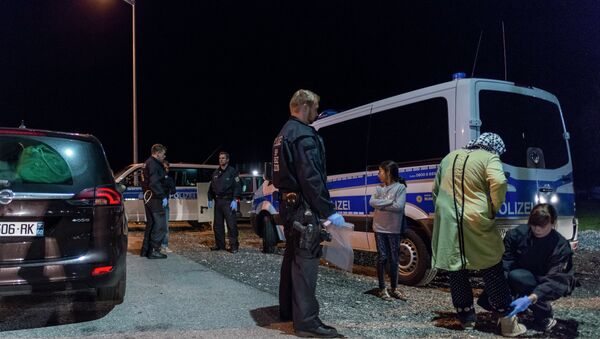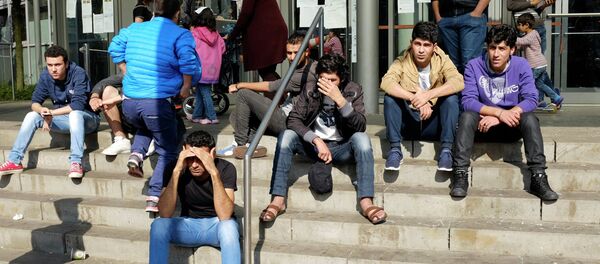"This is an operational event, we do not disclose the details in order not to reduce its effectiveness," ministry spokesman Tobias Plate told reporters.
On Sunday, Germany temporarily restricted the entry of migrants through the country's southern border, with an "initial focus" on the border with Austria. The move came after authorities registered the arrival of 13,000 undocumented immigrants into the southern city of Munich on a single day.
On that same day, railway traffic was suspended between Germany and Austria. By Monday, it had been restored.
The moves caused public controversy, perceived as going against the rules of the Schengen zone, which allows free movement among the majority of EU member states.
German Interior Minister Thomas de Maiziere said the measure had been adopted in accordance with Schengen rules allowing for temporary traffic suspension, not over six months.
Germany is among EU countries dealing with an escalating refugee crisis, as hundreds of thousands of people flee war-torn regions in the Middle East and North Africa, seeking refuge in the European Union.
Under a European Commission quota plan, Germany will host over 31,000 asylum seekers. However, the Interior Ministry expects at least 800,000 asylum seekers and refugees to arrive in the country by the end of the year. Vice Chancellor Sigmar Gabriel said earlier that as many as a million refugees could come to Germany by the end of 2015.



